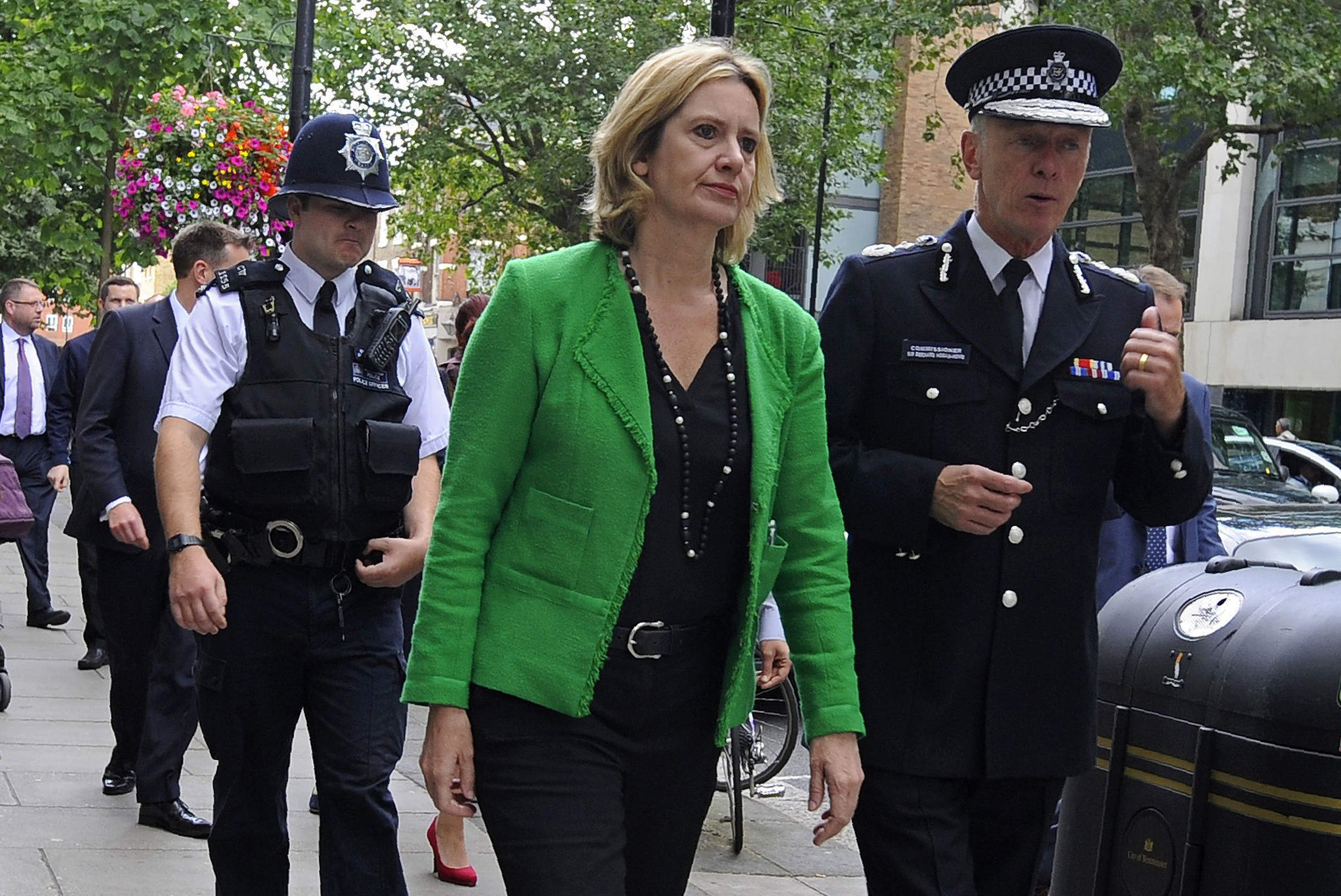
The good news first: Amber Rudd, MP for Hastings and Rye since 2010, joins May in the Great Offices of State. This is the first time two of these four positions have been held by women at the same time. Rudd is only the fifth woman ever to hold one.
The ex-Energy Secretary will take the reins directly from May, so it’s fair to assume she’ll carry on much of the work begun by the longest-serving Home Secretary since 1892. Rudd is unlikely to rock the boat here – she has not rebelled once in this parliamentary term. Therese Coffey MP told the Telegraph that May sees Rudd as “a safe pair of hands”.
The Investigatory Powers bill, or so-called Snoopers’ Charter, was a high priority for May, and is currently making its way through the Lords. Despite objections raised in the House around the protection of communications with journalists’ sources and lawyers’ clients, it’s likely it’ll pass without much fuss. Depending on the amendments that make it through, it may allow security services to hack into our computers and phones (including cameras and microphones), and require back doors to be built in encrypted messaging systems.
Rudd has repeatedly voted for a stricter asylum system by restricting the support available to failed asylum seekers, and denying permission for them to work if they’re in the UK for over six months. She was absent for a vote on sparing migrants from deportation on human rights grounds. May stubbornly sought to cut net migration in her time as Home Secretary, and created a minimum income threshold (£35,000) for non-EU citizens who have lived in the UK for less than ten years and who are hoping to stay.
Since taking the leadership May has confirmed that “we should have that goal of bringing immigration down to sustainable levels”. This is now down to Rudd, who in a fiery Brexit TV debate with Boris Johnson argued that immigration is “a complex problem…you need to look at the numbers. But the only number Boris is interested in is Number 10!”
Female Genital Mutilation within the UK also falls within the Home Office remit, and Rudd may try to make her own mark here. She is vice-chair of the Parliamentary Committee on Female Genital Mutilation and has called for stricter laws around the practice.






